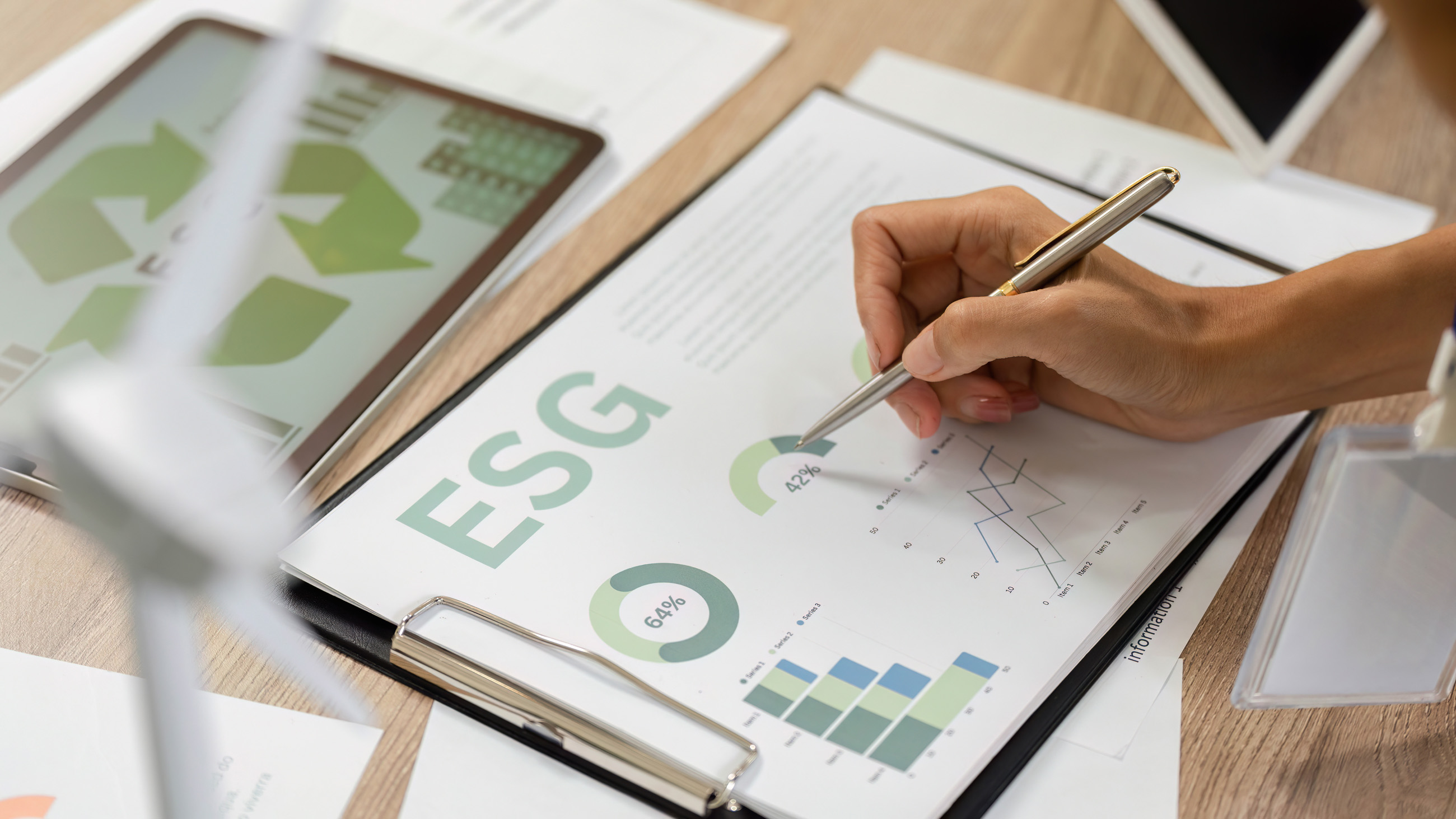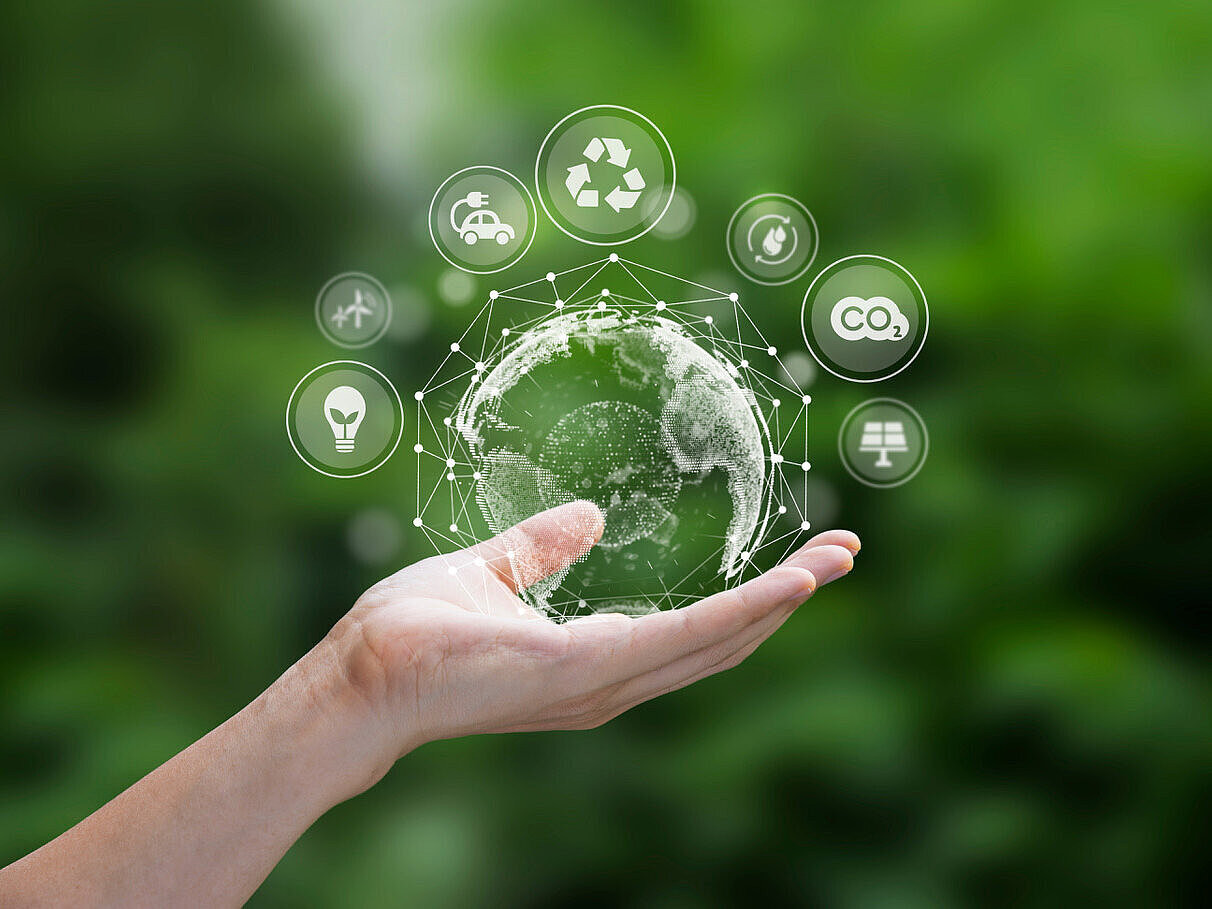We believe that the EU's target of achieving a net-zero carbon footprint by 2050 is an essential measure to mitigate the consequences of global warming.
The automotive industry is striving for climate neutrality by 2050 at the latest, both in the use phase of vehicles and in manufacturing. As an integral part of the value chain, we support these goals within the framework of market infrastructure and legislation. To this end, we value productive cooperation with our customers and their individual strategies.
Our goals are to be achieved primarily through ambitious but realistic strategies based on the 1.5° target, which are not limited to renewable energies in the value chain, but also cover other topics such as the use of recycled materials, optimizations in the areas of transport and energy consumption, waste reduction, and participation in design initiatives to enable comprehensive recycling of end-of-life vehicles.
A more detailed description of our sustainability strategy and key performance indicators can be found in our upcoming report as part of the Carbon Disclosure Project (CDP) for 2024.

